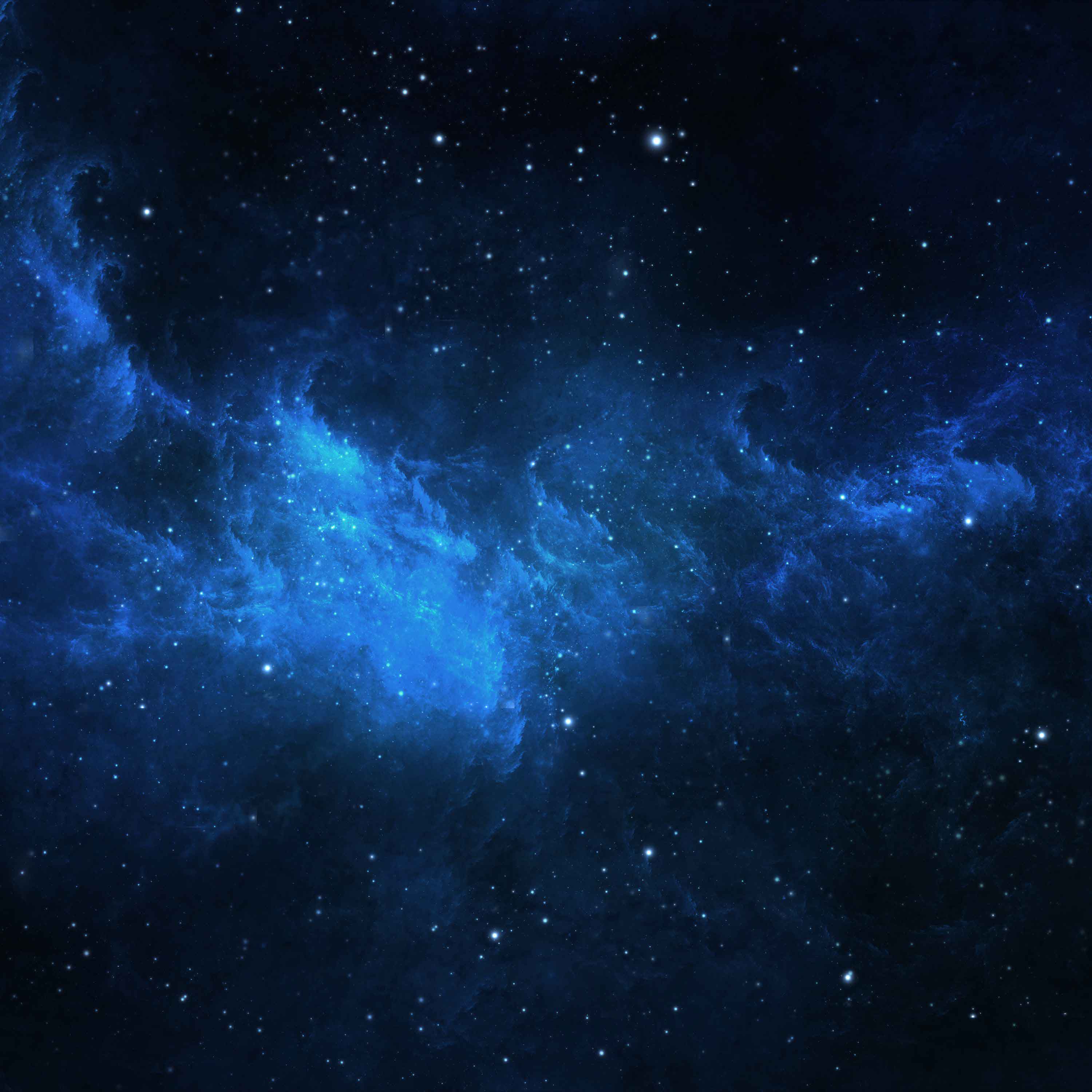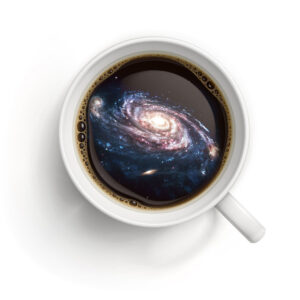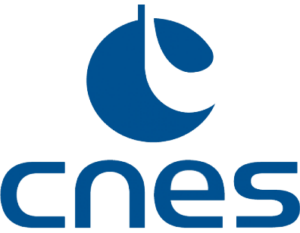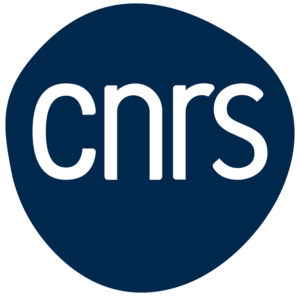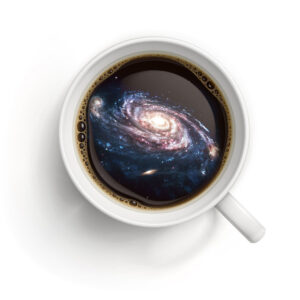
October 18th, we will have the pleasure to listen to Paola POPESSO (ESO Garching), who will talk about “The X-ray invisible Universe. A look into the halos undetected by eROSITA”.
The cafe-club will take place at 2:00 pm [CET] on the AMU virtual room (link below). The broadcast in the Library at LAM will be confirmed on Wednesday reminder.
https://univ-amu-fr.zoom.us/j/81779670775?pwd=dDNDdTBhcDB6THk5TTg3NkQ5M2hqdz09
(Meeting ID : 817 7967 0775 — Passcode : 749629)
You can find the schedule of upcoming café-clubs and the video of old ones at http://wiki.lam.fr/geco/CafeClub .
—————-
ABSTRACT
I will show the results of the analsyis of the X-ray properties of z<0.2 optically selected GAMA groups and clusters (log M = 13-14.7) in the eFEDS (eROSITA Final Equatorial Depth Survey) area at the final nominal depth of the eROSITA All Sky Survey (eRASS). I will show how the optical selection is necessary to sample the bulk of the group population to mitigate the biases of the X-ray selection. Indeed, the stacked surface brightness profile of eROSITA-undetected groups is less concentrated than the mean surface brightness profile of the detected ones, and this is also true of the total mass and galaxy distributions. Undetected groups tend to be younger (as inferred by the 1st to 2nd ranked galaxies magnitude difference), and to host a younger galaxy population. The difference between detected and undetected systems does not seem to be related to the current AGN activity which is similar for the two classes. Instead, we argue that this might be linked to the group location in the cosmic web, which affects the halo formation epoch and concentration. Our conclusion is supported by the analysis of the Lx-M relation for the groups of the two classes, as a function of the group location in the cosmic web. I will also show how the derived gas mass fraction – halo mass relation of detected and undetected stacked groups can robustly constrain the predictions of the current state-of-the-art hydrodynamical simulations.
